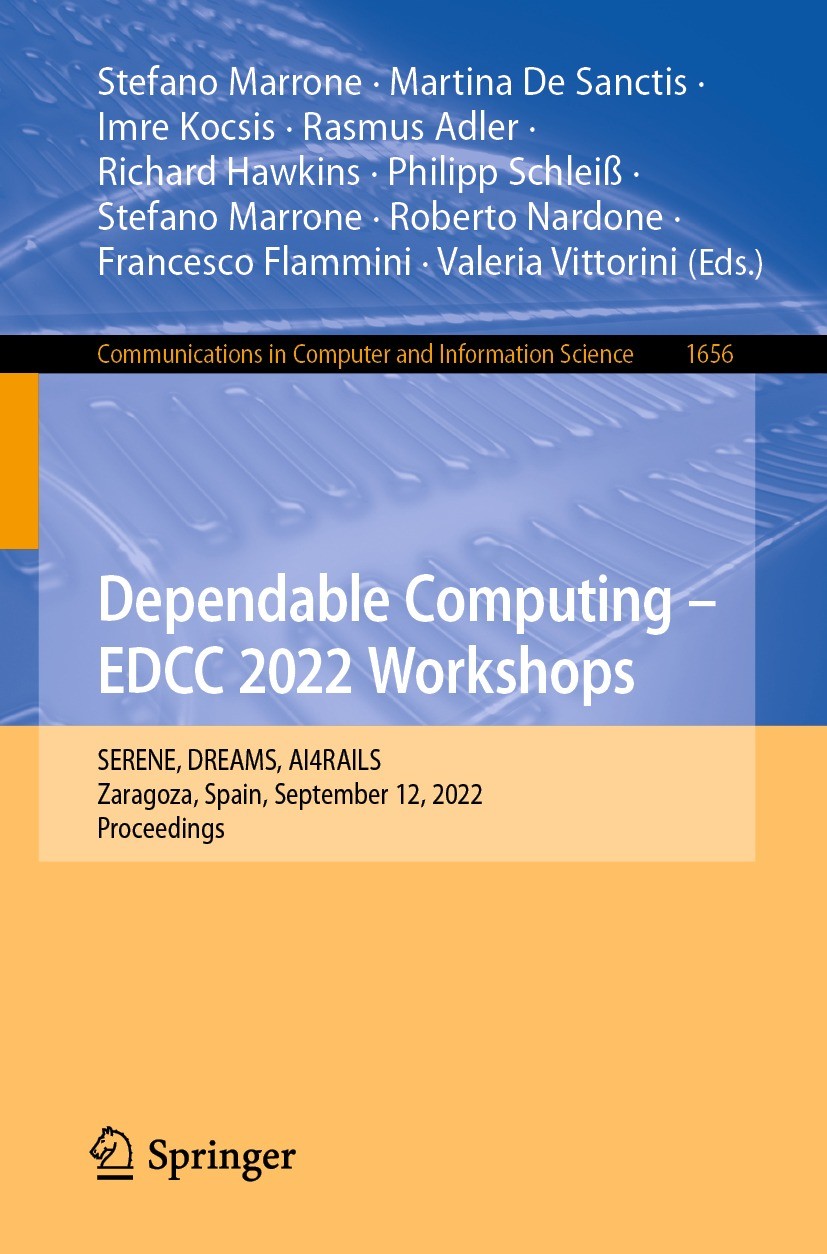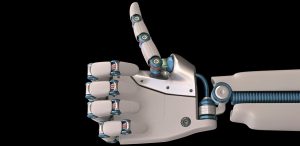We are glad to announce this new paper published on a top IEEE open access journal (Impact Factor: 3.7, Scimago Journal Rank: Q1 Computer Science).
The paper is co-authored by Nijat Rajabli, Francesco Flammini, Roberto Nardone and Valeria Vittorini and it is a literature review on the software Verification and Validation (V&V) of safe autonomous cars. The paper is a result of the outstanding job done by Nijat, a Linnaeus University student, during his project work for the course of Current Topics in Computer Science.
We believe that due to its quite extensive topic coverage, the paper can serve as a useful compendium for the many engineers and researchers who are starting to investigate those extremely current and challenging subjects related to the software safety of autonomous road vehicles.
Please find below more detailed information about the paper.
N. Rajabli, F. Flammini, R. Nardone and V. Vittorini, “Software Verification and Validation of Safe Autonomous Cars: A Systematic Literature Review,” in IEEE Access, vol. 9, pp. 4797-4819, 2021, doi: 10.1109/ACCESS.2020.3048047.
Abstract: Autonomous, or self-driving, cars are emerging as the solution to several problems primarily caused by humans on roads, such as accidents and traffic congestion. However, those benefits come with great challenges in the verification and validation (V&V) for safety assessment. In fact, due to the possibly unpredictable nature of Artificial Intelligence (AI), its use in autonomous cars creates concerns that need to be addressed using appropriate V&V processes that can address trustworthy AI and safe autonomy. In this study, the relevant research literature in recent years has been systematically reviewed and classified in order to investigate the state-of-the-art in the software V&V of autonomous cars. By appropriate criteria, a subset of primary studies has been selected for more in-depth analysis. The first part of the review addresses certification issues against reference standards, challenges in assessing machine learning, as well as general V&V methodologies. The second part investigates more specific approaches, including simulation environments and mutation testing, corner cases and adversarial examples, fault injection, software safety cages, techniques for cyber-physical systems, and formal methods. Relevant approaches and related tools have been discussed and compared in order to highlight open issues and opportunities.
Keywords: Vehicles; Autonomous automobiles; Safety; Software; Accidents; Roads; Systematics; Advanced driver assistance systems; automotive engineering; autonomous vehicles; cyber-physical systems; formal verification; intelligent vehicles; machine learning; system testing; system validation; vehicle safety
URL: https://ieeexplore.ieee.org/stamp/stamp.jsp?tp=&arnumber=9310181&isnumber=9312710










Recent Comments